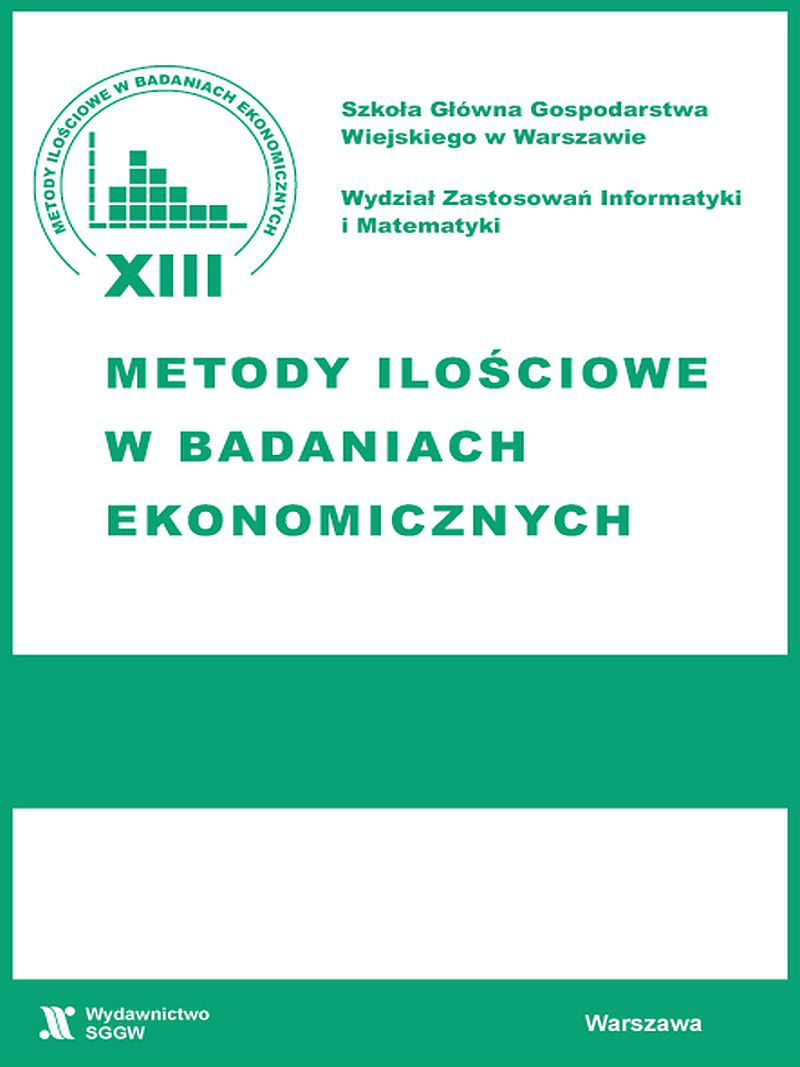«МУДРАЯ» САПФО ИЛИ ФИЛОСОФИЯ ДРЕВНЕГРЕЧЕСКОЙ ИНИЦИАЦИИ
Author(s): Timothey Myakin / Language(s): Russian
/ Issue: 2/2014
Keywords: Sapphic’s religious community, the initiation of girls, religion of the archaic Lesbos, cult of the goddess Cybele in the archaic Sicily, cult of the “Aeolean goddess” in archaic Lesbos, a Brothers poem of Sappho.
The article exposes new arguments that support the views of Cl. Calame on the female circle of Sappho as a religious community confirmed historically. This community had been associated with the cult of the goddesses Artemis, Cybele and Aphrodite, who were responsible for soil fertility and reproductive health of women in ancient Lesbos. In one of her songs (Fr. Sapph. 96, 5 Campbell) Sappho identifies the main occupation of the girls of her community as “song and dance” (μόλπα). Epigraphic evidence and the literary tradition allows us to associate this “song and dance” with the ritual singing and dancing of youth choirs, the associations of young men and women, and also – with the rituals of initiation. Thanks to Cretan parallels, the relationship that united Sappho and her girls can be seen as a relic of female initiation. These ceremonies are similar to those that characterized the rela-tionship between men and boys in the Cretan “hetairia” (cf. IC III(II), №2, 2–3; Hom. Od. VI, 101–106; Hymn. Hom. in Merc. 451–452; Strab. X, 4, 20–21). A law of Cyrene (the 4th c. B.C.) also ordered that the bride entered the bridal chamber of Artemis before the wedding. And a Sapphic new song, which was discovered by D. Obbink, is a part of a longer composition, also written as a choral dialogue. This song says that girls of her community are ἀρτέμεας (“healthy, thanks to Artemis“, cf. Plat. Crat., p. 406 b Steph.). The Sapphic choir ridicules brother of Sappho, and exposes this homosexual love of Sappho’s girls (because this love is protected by Artemis) against the indiscriminate love of Charaxos. Consequently, Plato wrote, that Sappho is wise, for the reason that the poet defended these traditional rituals on a conservative manner.
More...

